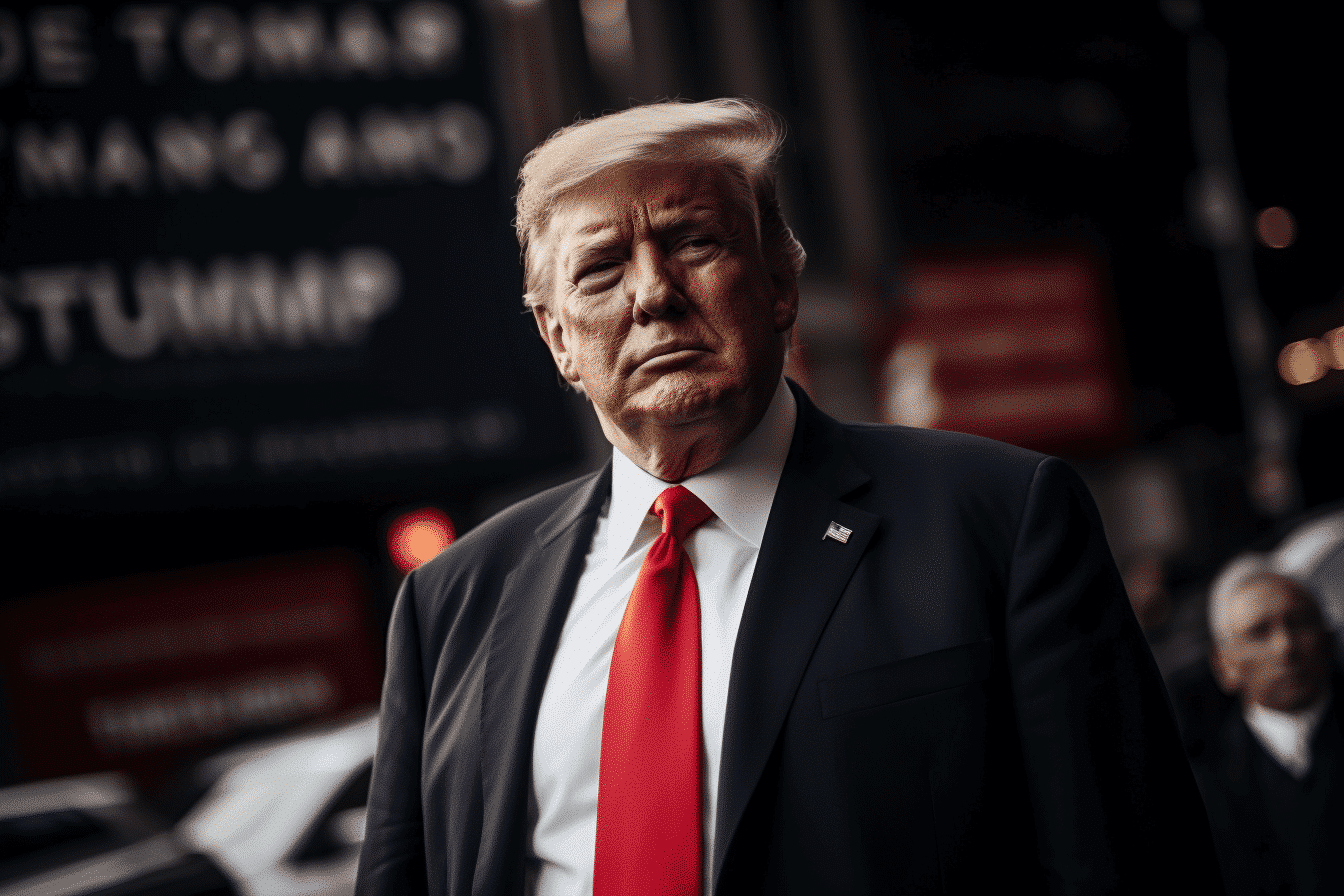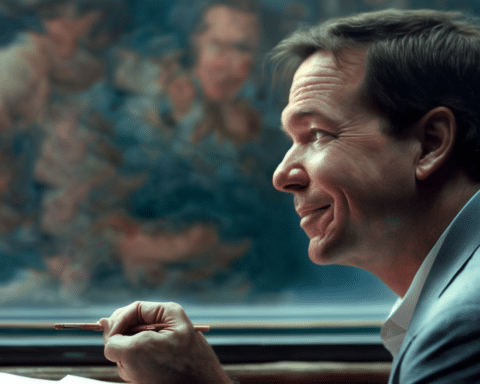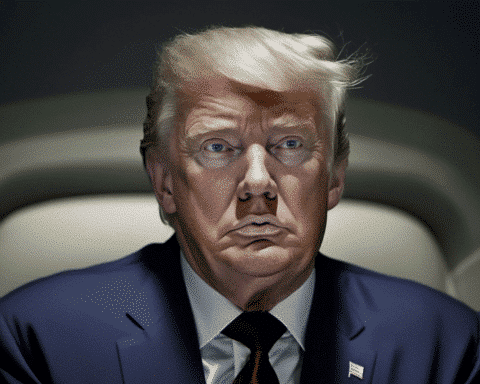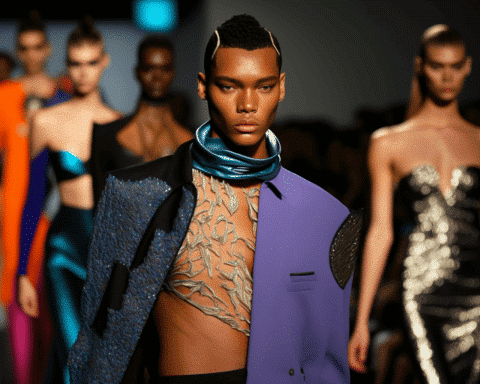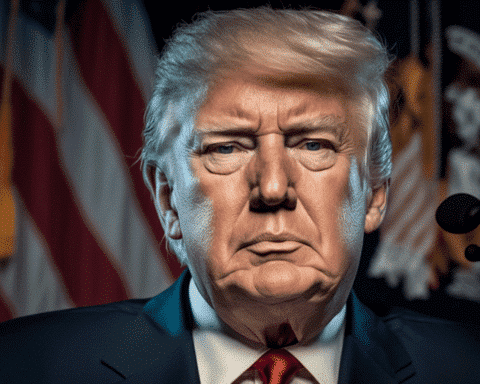Former President Donald Trump’s recent attempt to terminate the ongoing business fraud lawsuit in New York has been thwarted. Judge Arthur Engoron firmly denied Trump’s request for a summary judgment in a case initiated by New York Attorney General Letitia James. The case, which delves into allegations of exaggerated wealth and inflated asset values by Trump and his associates, took a dramatic turn as the judge questioned the credibility of Trump’s expert witness, accounting professor Eli Bartov.
The lawsuit focuses on claims that Trump and other executives at his company overstated his wealth and manipulated asset valuations to secure loans and seal business deals. A notable development during the trial was Judge Engoron’s critique of Professor Bartov’s testimony, wherein Bartov defended the accuracy of Trump’s financial statements. Engoron’s three-page ruling highlighted the “most glaring” issue with Trump’s defence, questioning the assumption that the court would unquestionably accept Bartov’s and other experts’ testimonies.
Engoron’s remarks were pointed, asserting that despite Bartov’s status as a tenured professor, his testimony was swayed by financial compensation, amounting to nearly $900,000. “Bartov is a tenured professor, but the only thing his testimony proves is that for a million or so dollars, some experts will say whatever you want them to say,” the judge wrote. This stark statement drew criticism from Bartov, who accused the judge of misrepresenting his testimony, and Trump, who defended Bartov as a man of “impeccable character and qualifications.”
Trump’s response came through his social media platform, Truth Social, where he condemned Engoron’s comments as a “great insult” and defended the practice of compensating expert witnesses. Bartov, in his defence, claimed that there was “no evidence whatsoever of any accounting fraud” in Trump’s financial statements. He emphasized that his participation in the trial was billed at his standard rate. He insisted that the errors in the financial statements were inadvertent, without any intention of concealment or forgery.
Despite these defences, Judge Engoron referenced previous rulings where he identified “numerous obvious errors” in Trump’s financial statements. The judge remarked that Bartov’s persistent justification of these misstatements led to a loss of credibility. As the trial progresses, with closing arguments scheduled for January 11 in Manhattan, the scrutiny of expert testimonies and the integrity of financial statements remain central to the unfolding legal drama.
As the trial nears its conclusion, the controversy surrounding expert witnesses and the veracity of financial statements in Trump’s lawsuit continues to intensify. The unfolding events in Manhattan’s courtroom underscore the complexities of high-profile legal battles, where expert opinions, financial intricacies, and judicial scrutiny intersect. With the final arguments on the horizon, the outcome of this case could have significant implications for Trump’s ongoing political aspirations and the broader discourse on corporate accountability and legal ethics.
